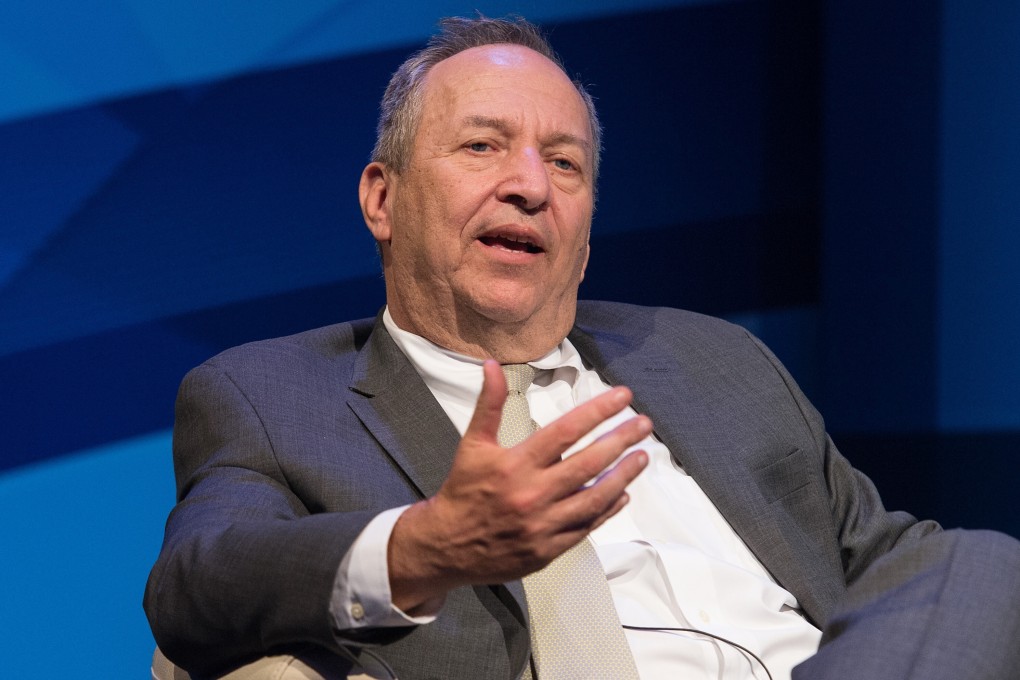US-China relations: Beijing’s provocation partly to blame for rising tensions, ex-US treasury chief says
- There have been a number of actions by China that have ‘contributed to imperilling the relationship’, Larry Summers tells China Development Forum
- But both sides should ‘think very hard about what we can do to reduce the sense of truculence’ that is damaging ties, he says

Beijing’s provocative actions are partly to blame for the slump in US-China relations, but both nations should “think hard” about how to reduce tensions, a former US treasury secretary said on Friday.
“I think it would be a grave mistake for my Chinese friends … to neglect the reality that there have been a number of actions on your side that really have been provocative, that have contributed to imperilling the [China-US] relationship,” he said.
The main venue for the three-day event, which began on Wednesday, was the Diaoyutai State Guest House in Beijing, but officials and business leaders joined the videoconference from around the world.
We both need to think very hard about what we can do to reduce the sense of truculence that surrounds this relationship
“We both need to think very hard about what we can do to reduce the sense of truculence that surrounds this relationship,” Summers said.